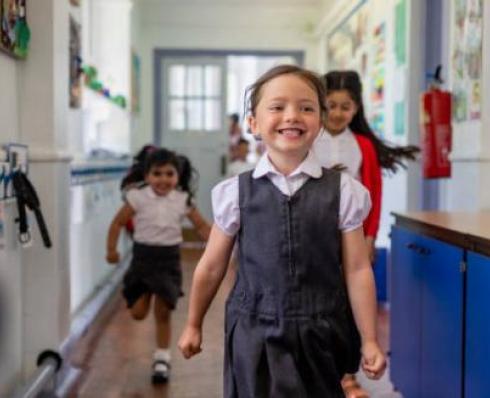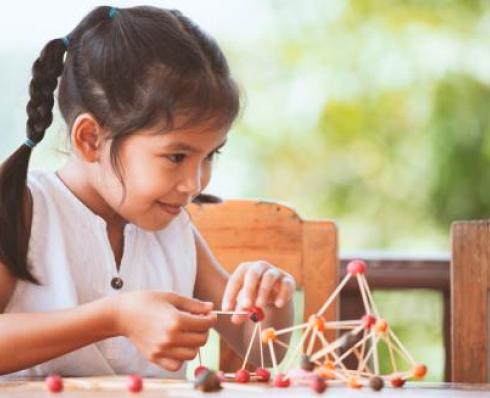
Primary
In developing the Partnership for Learning suite of courses, we aim to provide courses which are of interest to staff in our 4 key sectors: Early Childhood Education, Primary, Post-Primary and Further Education and Training. The following courses are all suited to Primary Education, although staff in other settings are free to participate in most of the courses provided.
|
Course Number |
Name of Course |
Dates |
|---|---|---|
|
PL07 |
Creativity and Creative Writing (Primary) |
Tuesday 4th November ‘25 Tuesday 11th November ‘25 |
|
PL09 |
Maths and Art connecting learning, supporting curriculum developments. |
Thursday 6th November ‘25 Thursday 13th November ‘25 Thursday 27th November ‘25 |
|
PL12 |
Child protection and safeguarding for DLPs and DDLPs for primary schools |
Wednesday 12th November ‘25 |
|
PL14 |
Child protection and safeguarding for primary school teachers |
Wednesday 3rd December ‘25 |
|
PL16 |
Child protection and safeguarding for DLPs and DDLPs for primary schools |
Wednesday 21st January ‘26 |
|
PL18 |
Understanding, living, and leading the ethos in a Catholic school |
Wednesday 28th January ‘26 Wednesday 4th February ‘26 Wednesday 11th February ‘26 |
|
PL19 |
Teaching the new primary Mathematics Curriculum |
Wednesday 28th January ‘26 Wednesday 4th February ‘26 Wednesday 11th February ‘26 |
|
PL20 |
Child protection and safeguarding for primary school teachers |
Wednesday 4th February ‘26 |
|
PL22 |
Introduction to legal issues for teachers |
Monday 2nd March ‘26 Monday 9th March ‘26 |
Course Details
Interested in further study at DCU?
In addition to the Partnership for Learning non-accredited courses, the DCU Institute of Education also offers a wide arrange of postgraduate courses. See HERE for more details.







